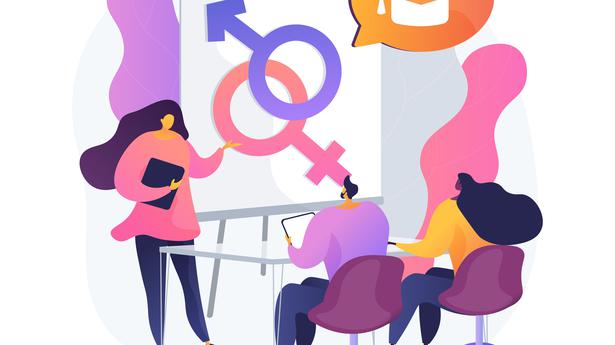Why India needs to change its approach to sex education
Governments, schools and families must work together to ensure universal access to comprehensive sex education for adolescents
Governments, schools and families must work together to ensure universal access to comprehensive sex education for adolescents
Around the world, studies have demonstrated the need for comprehensive sexual education for adolescents (between 10 and 19 years old), which can alleviate problems such as health problems, sexual and gender-based violence, substance abuse and sexually transmitted diseases, among others. Sex education is also important to empower young people to make informed decisions about their bodies and maintain healthy relationships in their lives.
Consequences
Yet in India, as in many other countries, there is unease and resistance to the very idea. Myths, misconceptions and taboos pervade all sections of society and the focus is often on monitoring young people, rather than providing them with accurate information and services. What we need are informed educators, better teaching methodologies and a shift in social and cultural norms to counter what poses a great socio-economic threat to India’s future.
The lack of adequate sex education is already the cause of a myriad of social problems. According to a study, first sexual intercourse for the majority of young people in India is unprotected. For a significant proportion of young women (between 15 and 24 years old), it is forced. Another study, commissioned by the Ministry of Women and Child Development, reported that over 53% of children in 13 states reported one or more forms of sexual abuse. India also has the third highest number of people living with HIV in the world.
These problems can be solved by effective sex education. A study conducted among Portuguese university students showed that students who received sex education at school had a reduced risk of venereal diseases, unwanted pregnancies and abortions. He also found a positive correlation between receiving sex education and contraceptive use, knowledge, motivation and skills.
Given the taboo around sex in India, sex education is provided as part of broader ‘life skills’ education through programs such as the Adolescent Education Program (AEP) and Rashtriya Kishor Swasthya Karyakram (RKSK). However, the reluctance to discuss these issues openly means that complete and accurate information is often not provided. While the information can be viewed in a safe and anonymous environment on the internet, it can also be a source of misinformation and, more dangerously, a site for abuse and exploitation.
Sex education should be delivered in an effective, empathetic and age-appropriate manner. For this, we must involve teachers and parents, as they are particularly well placed to tackle the problems of adolescents. They should put children at ease and see them as reliable sources of information.
Go forward
Discussing sensitive issues – such as gender, reproductive health, violence and relationships – in a classroom can be very difficult. It is difficult to break the ice and create a safe environment where students can open up and interact freely without shame or stigma. Teachers need job aids and tools such as games, quizzes, videos and other communication materials to effectively address these issues. They also need the skills to engage and mobilize parents.
Students should not depend solely on teachers and parents, but should also have access to platforms where they can directly access resources. The establishment of health clubs in schools and colleges is essential not only to access information but also to other health services.
We also need to take advantage of technology by creating and promoting sex education platforms. We need to provide safe spaces for adolescents to have conversations and dispel sex myths and taboos. Going forward, governments, educational institutions and civil society organizations will need to work together and recognize that there is a long way to go to ensure universal access to comprehensive sexuality education for adolescents.
Poonam Muttreja is executive director of the Population Foundation of India.
Riya Thakur is the Senior Youth and Adolescence Specialist at Population Foundation of India.


Comments are closed.